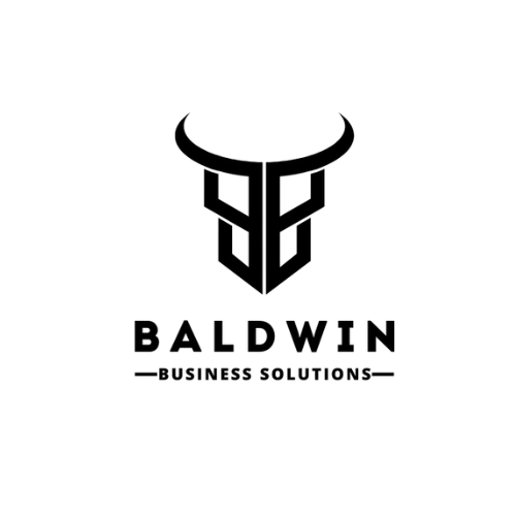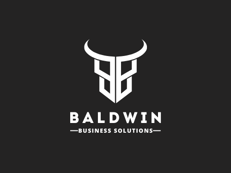Maximizing Tax Deductions: Lesser-Known Write-Offs for Construction Contractors
5/5/20251 min read


Understanding Tax Write-Offs for Construction Contractors
As a construction contractor, navigating the complexities of tax deductions can be critical for optimizing your financial health. While many contractors are aware of the standard deductions available, there are several lesser-known expenses that can significantly impact your tax liabilities. Understanding these write-offs is essential to ensure that you benefit fully from the potential tax savings available within the construction industry.
Uncommon Write-Offs Construction Contractors Should Consider
There are numerous deductible expenses that construction contractors may overlook when preparing their taxes. One such category involves vehicle expenses. For contractors, vehicles used for business—such as trucks or vans—can offer substantial deductions. This includes expenses for fuel, maintenance, and even depreciation. However, it's crucial to maintain accurate mileage logs to substantiate these claims.
Additionally, many contractors can benefit from writing off home office expenses. If you use a portion of your home exclusively for business purposes, you might be able to deduct related expenses such as utilities and internet costs. Another often-overlooked expense is the cost of construction tools and equipment, especially when purchased for specific jobs or projects.
Business Structures and Their Tax Implications
The business structure under which you operate can influence your eligibility for various deductions. For example, sole proprietorships, partnerships, and LLCs (Limited Liability Companies) often face different tax scenarios compared to corporations. Certain expenses, such as health insurance premiums, are deductible for self-employed individuals but may not apply to contractors operating as corporations.
Furthermore, establishing an S-corporation status may allow you to sidestep self-employment taxes on a portion of your earnings while taking advantage of write-offs. It is advisable to consult with a qualified tax professional or accountant to identify which business structure best suits your needs and maximizes your deductions.
If you are a construction contractor seeking to optimize your tax write-offs, consider reaching out to Baldwin Business Solutions. Their expertise in tax and cash flow planning can help you identify not only the basic deductions but also the obscure write-offs that many contractors overlook. Investing in professional advice can yield significant financial benefits by ensuring every eligible expense is claimed on your taxes.












